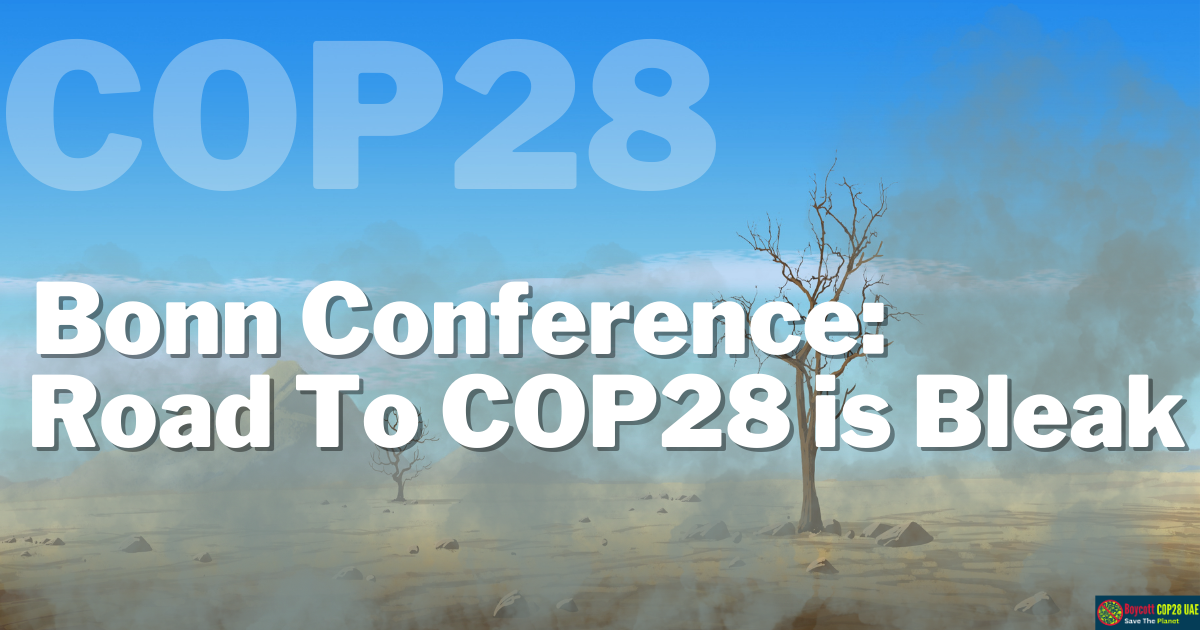The recent United Nations Bonn Climate Change Conference, which took place from June 5-15 in Germany, has raised concerns among many observers and delegates. Despite the pressing need for urgent action on climate change, the conference failed to deliver the necessary level of urgency and failed to address the challenges faced by the world’s poorest nations.
U.N. Secretary-General António Guterres expressed his disappointment, stating that countries are falling behind in meeting their climate commitments and that there is a lack of ambition, trust, support, and cooperation among nations.
The conference focused on the adoption of the agenda for the upcoming U.N. climate change conference, COP28, scheduled to take place in Dubai, United Arab Emirates, starting from November 30 to December 12. This conference is seen as an opportunity for a course correction in addressing climate change.
Appointment of Sultan Al Jaber as The President of COP28
However, there are concerns surrounding the appointment of Sultan Al Jaber as the President of COP28. Al Jaber also serves as the CEO and managing director of the Abu Dhabi National Oil Company, raising questions about his ability to be impartial and effectively mediate discussions on climate change. While Al Jaber acknowledged that a phasedown of fossil fuels is inevitable, he did not provide a specific timeline for this transition.
The Bonn conference made some progress regarding funding arrangements and establishing a loss and damage fund for the U.N. climate change conference in 2023. However, there is still a long way to go.
Pope Francis, among others, has called for a rapid phaseout of all fossil fuels, an accelerated transition to clean and just energy sources, and significant financial commitments from wealthier nations to support developing countries in addressing the climate crisis and adapting to its impacts in a fair and inclusive manner.
It is important to note that the United Arab Emirates (UAE), where COP28 will be hosted, has faced criticism for its environmental record. The UAE is a major oil-producing country and has a high carbon footprint due to its heavy reliance on fossil fuels.
This reliance contributes to global greenhouse gas emissions and exacerbates the climate crisis. Hosting a climate conference in a country with such a significant connection to the fossil fuel industry raises concerns about the willingness and ability of the host country to prioritize and effectively address climate change issues.
In conclusion, the Bonn conference highlighted the urgent need for action on climate change and the challenges faced by the world’s poorest nations. The appointment of Sultan Al Jaber as the COP28 President, given his position in the oil industry, has raised concerns about the impartiality and the ability to achieve a successful and just outcome.
As discussions continue, it is crucial for countries to agree on a fast and comprehensive phaseout of fossil fuels, provide substantial financial support to developing nations, and ensure a fair and inclusive transition to clean energy sources. We can effectively tackle the climate crisis and leave no one behind through collective efforts and strong commitments.






